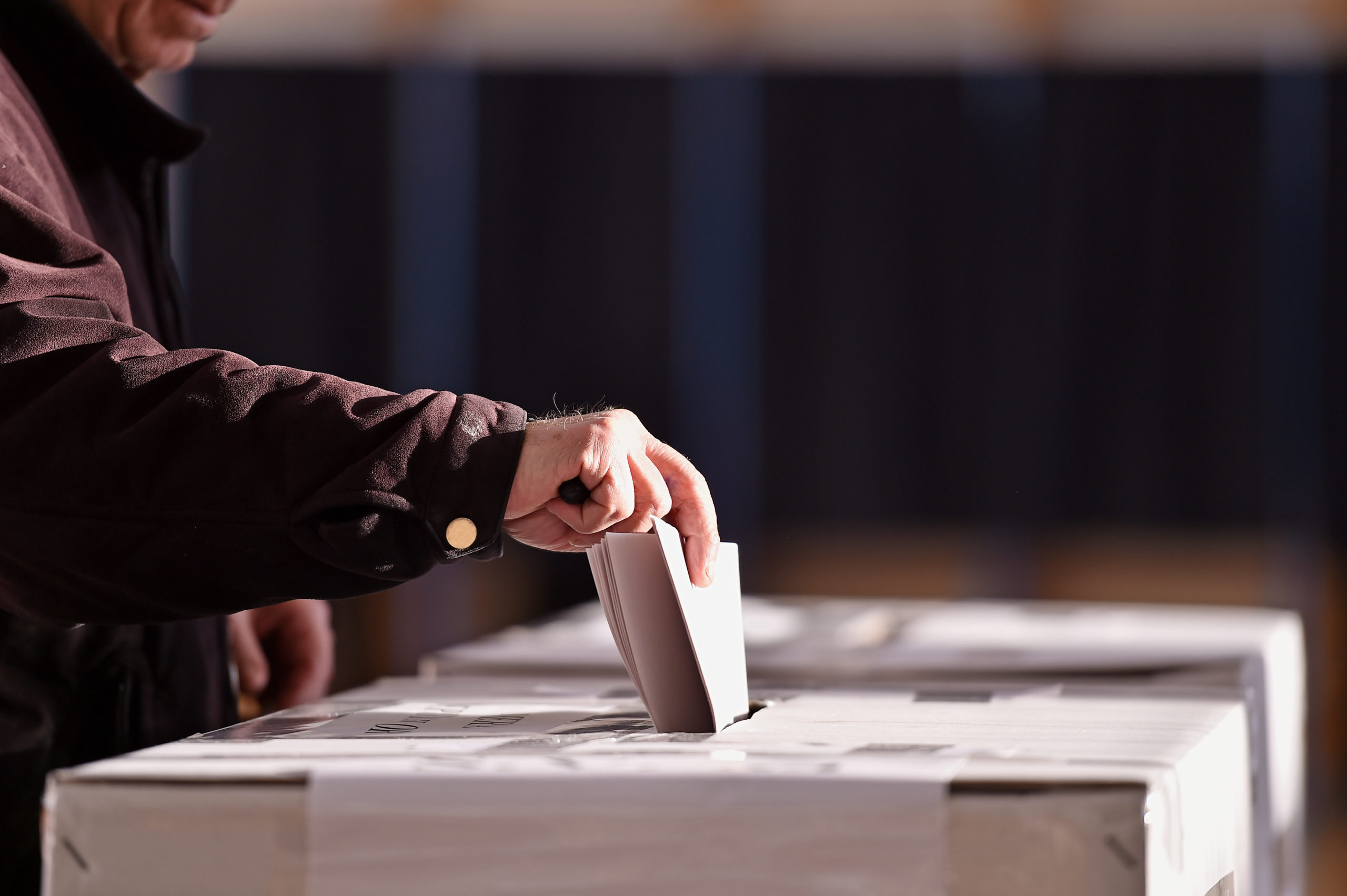When a person has problems with their workplace union, they’re often told, ‘well then, change it from within!’—or change the union by helping bring new leadership to power. But some union elected officials have, with little oversight, worked to make it very difficult for rank-and-file members to make a leadership change. We spoke to some of our members who have been involved with recent attempts to change their union’s leadership so we could better understand the problems that exist with internal union elections.
Here is some of what they have encountered:
- To prevent internal opposition, union leaders may use their power to give plum assignments to upstart candidates or unhappy members, which may include a stipend. Eddie Mendez, whose workplace union is Local 983, part of District Council 37 in New York City, has watched union leaders curry favor with angry union members by giving them paid union roles or other favors.
- Although union officials are technically required to give members the union’s constitution and bylaws when asked, they may withhold this information if they are worried that it could be used against them. A union’s constitution and/or bylaws spell out a union member’s rights, as well as procedures for union elections. A teacher’s aide in Southwestern Pennsylvania, who asked to remain anonymous over fear of retaliation by her union, asked her long-time local union president for a copy of the union’s bylaws for years, but only received them after the president decided not to run again. Meanwhile, members in Eddie’s union have repeatedly asked for the updated bylaws, but still have not received a copy of them.
- Current union leadership may use official or unofficial communication channels to criticize candidates who challenge their leadership, or they may refuse to give challengers access to communication channels, making it difficult for them to campaign. In New York, Eddie and other union critics are openly criticized and maligned on Facebook by the union’s vice president, Marvin Robbins. In Pennsylvania, the local union photographed school professionals while they were having a meeting with representatives from AFFT. Union leaders have also used workplace emails and official communication to campaign, drowning out their rivals.
- Even while large national unions have given money to loosen state election laws, union election laws make it difficult for union members to vote. Union members are not always guaranteed privacy when voting, and unions may require that voting take place in person during a meeting, with few allowances for absentee votes. Our Pennsylvania source had to ask for election procedures repeatedly for her local, and when she received them, they seemed hastily put together –more a recollection of the process for the most recent election rather than clearly defined procedures that are consistently followed.
- In extreme cases, critics of union officials may be subjected to intimidation or harassment over their decision to run for office, or even just for speaking up. Both of our sources know candidates who were on the receiving end of harassment over their decision to run for union leadership positions. In Eddie’s workplace union, officials were accused of using racial slurs against members who criticized them.
- District, state, or national union officials may use their influence in local elections, especially if they have forged relationships with long-time presidents. Joseph Puleo, president of Local 983, is a vice president in DC37, giving him extraordinary access to union leadership, and making it in their interest to keep him in power. A long-time president in the Pennsylvania local also worked closely with state leaders, raising questions about their relationship.
- Government employers may also help keep local union presidents in place if they’ve forged good relationships with those leaders, and they don’t want to have to face new union officials. Employers sometimes treat union leaders like de facto human resources employees, giving them an incentive to support union officials over employees. In Pennsylvania, HR asks the union to post job openings instead of sending them directly to employees.
- Union officials can earn large salaries, giving them a greater incentive to keep their rivals out of leadership. Joseph Puleo, president of Local 983, was paid $318k in 2019, according to the union’s tax filing.
- Outright corruption. We’ve heard many allegations of corruption in union leadership elections that are difficult to verify. Needless to say, when there is significant money and power involved, corruption is always a possibility. In the case of DC37, there have been documented cases of election fraud. Recently, a federal judge finally stepped in to require a watchdog to oversee the internal elections of the United Auto Workers because of the level of corruption. However, it is rare that courts get involved in internal elections because they are considered union matters. Members with complaints must normally exhaust all remedies within a union before they can turn to outside legal help unless they have clear proof of fraud.
All of these problems persist because internal union elections receive little oversight. Given the special rights and responsibilities provided to public-sector unions, it may be in the public’s interest for lawmakers to look at ways to bring greater accountability to union leadership elections. As Eddie says, “I’m not anti-union, I’m just anti-corruption.”
